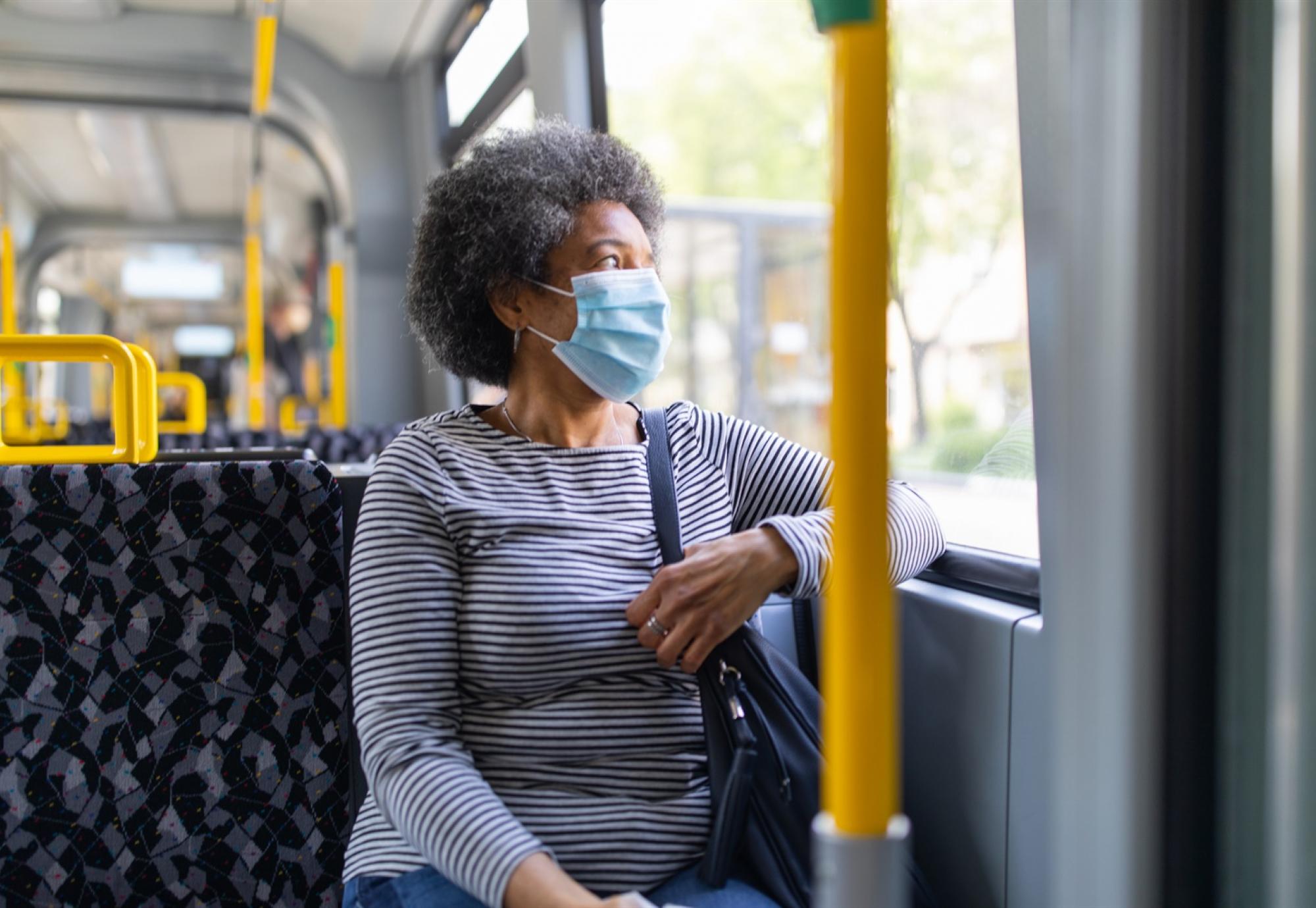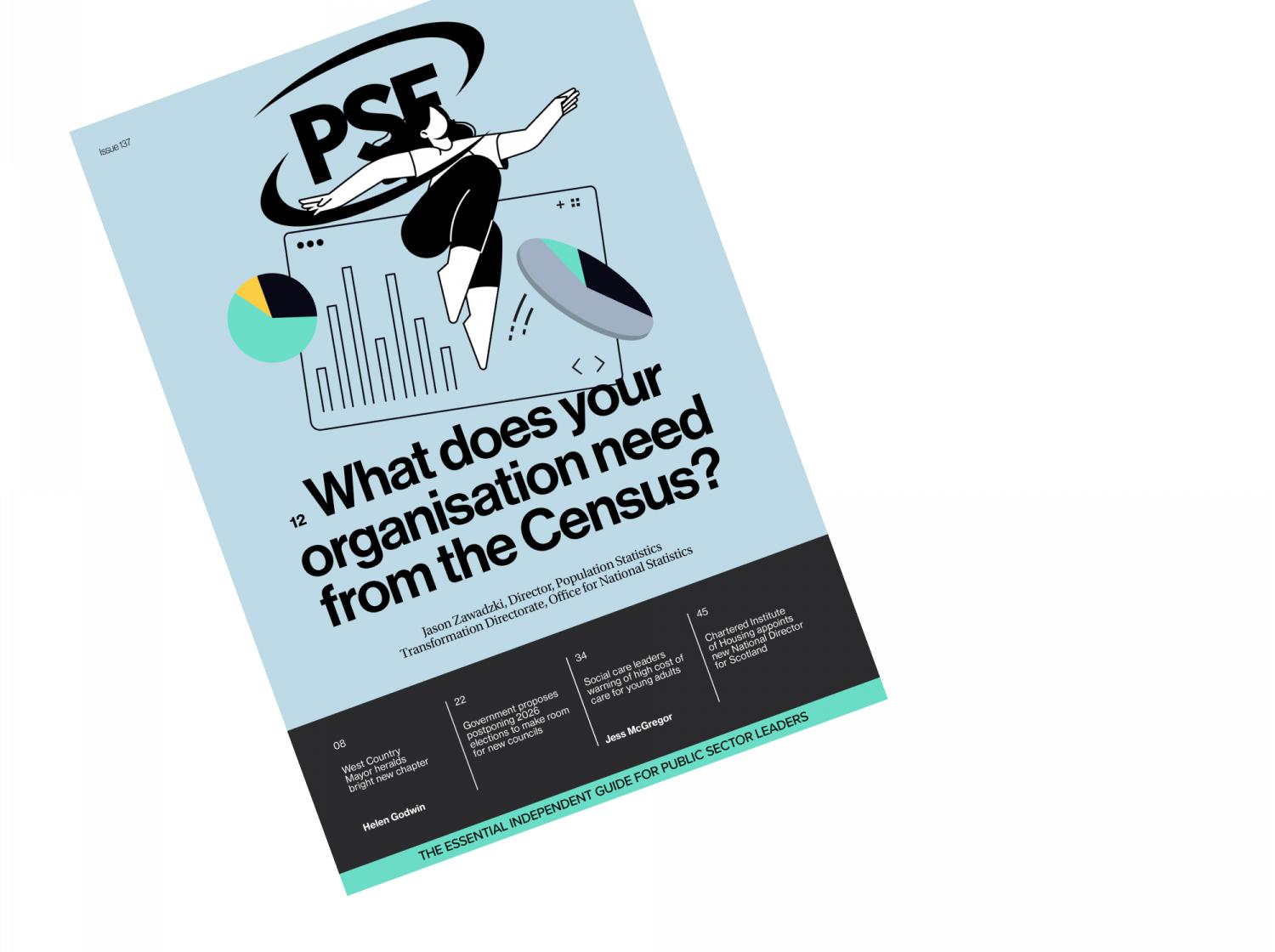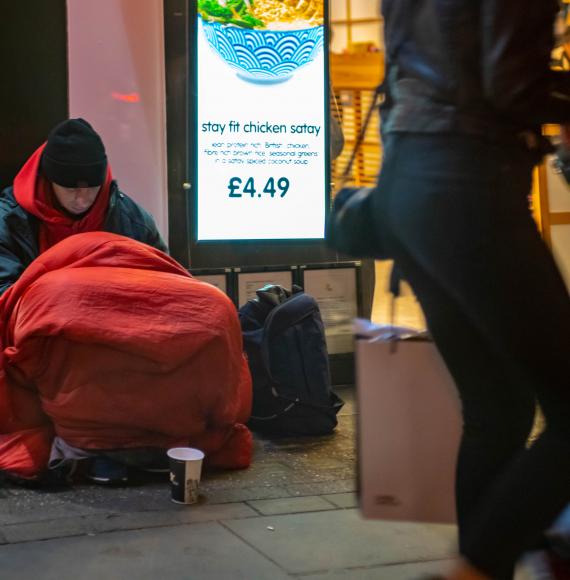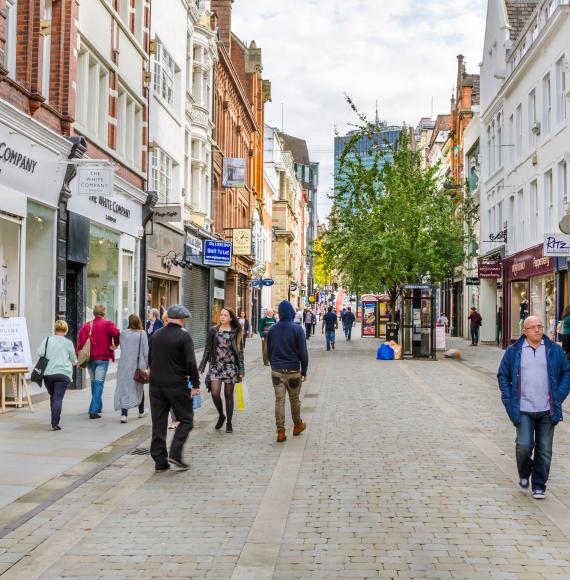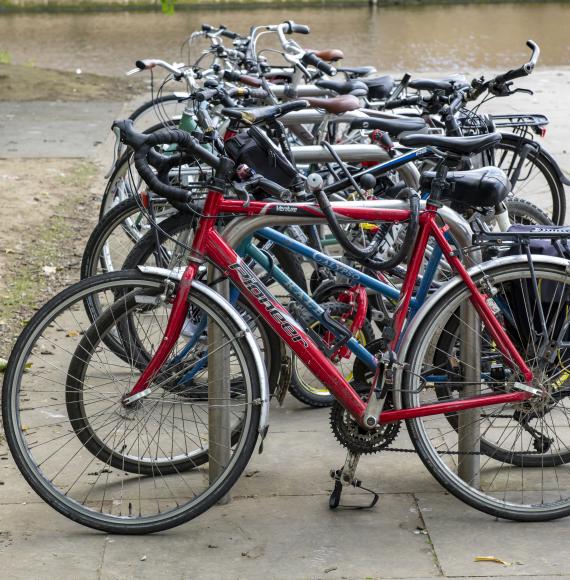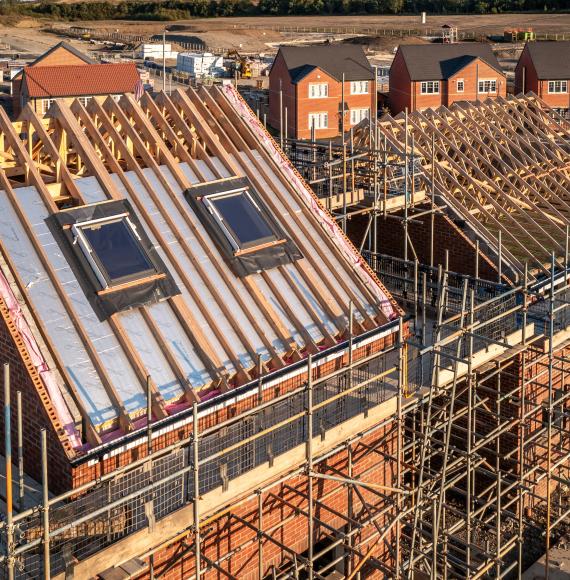Public Health England published a report yesterday (June 16) on the impact of Covid-19 on Black, Asian and Minority Ethnic (BAME) communities, as well as strategies for addressing inequalities going forward.
The report, titled 'Beyond the data: Understanding the impact of COVID-19 on BAME groups' found that the highest age standardised diagnosis rates of the virus per 100,000 people were in people of Black ethnic groups (486 in females and 649 in males) and the lowest were in people of White ethnic groups (220 in females and 224 in males).
Further analysis into survival following a diagnosis showed that people of Bangladeshi ethnicity had around twice the risk of death compared to people of White British ethnicity, and people of Chinese, Indian, Pakistani, Other Asian, Caribbean and other Black ethnicity had between 10% and 50% higher risk of death compared to White British.
Recommendations in the report included mandating ethnicity data collection and recording as part of routine NHS and social care data collection systems, enhancing culturally competent occupational risk assessment tools and ensuring Covid-19 recovery strategies actively reduce inequalities caused by wider determinants of health.
Responding to the report Cllr Ian Hudspeth, Chairman of the Local Government Association’s Community Wellbeing Board, said:
“This report highlights the work that still needs to be done to ensure BAME communities are not disproportionately impacted by coronavirus.
“Fairness, equality and social justice flows through everything local government does and councils are wholly committed to ensuring that no one in their communities is left behind or cannot be supported to combat the effects of this dreadful disease.
“There is clearly an increased risk to people from different BAME groups of being infected and dying from COVID-19 and there are many factors involved in this. Some of these are long-term, fundamental issues around health and society which need to be addressed, including housing and occupation.
“Specific actions which can be taken in the short term include improving public messaging around the risk of acquiring COVID-19; improving messaging about health-seeking behaviour, such as encouraging people from Black British heritage to go into hospital if they need to; and greater consideration of underlying risks once a person is in hospital.
“This includes important questions around the care for individuals and whether different treatments are needed to reflect these underlying risks.”
LISTEN: Ep. 17 The wider impact of Covid-19 on our children

